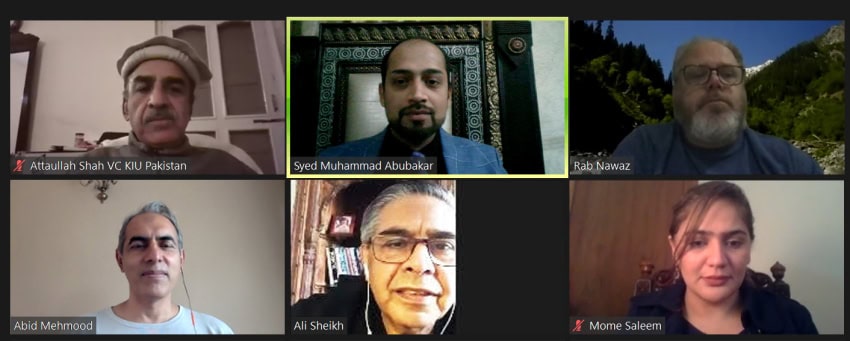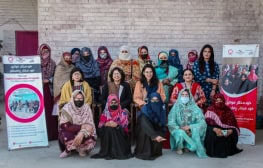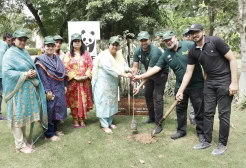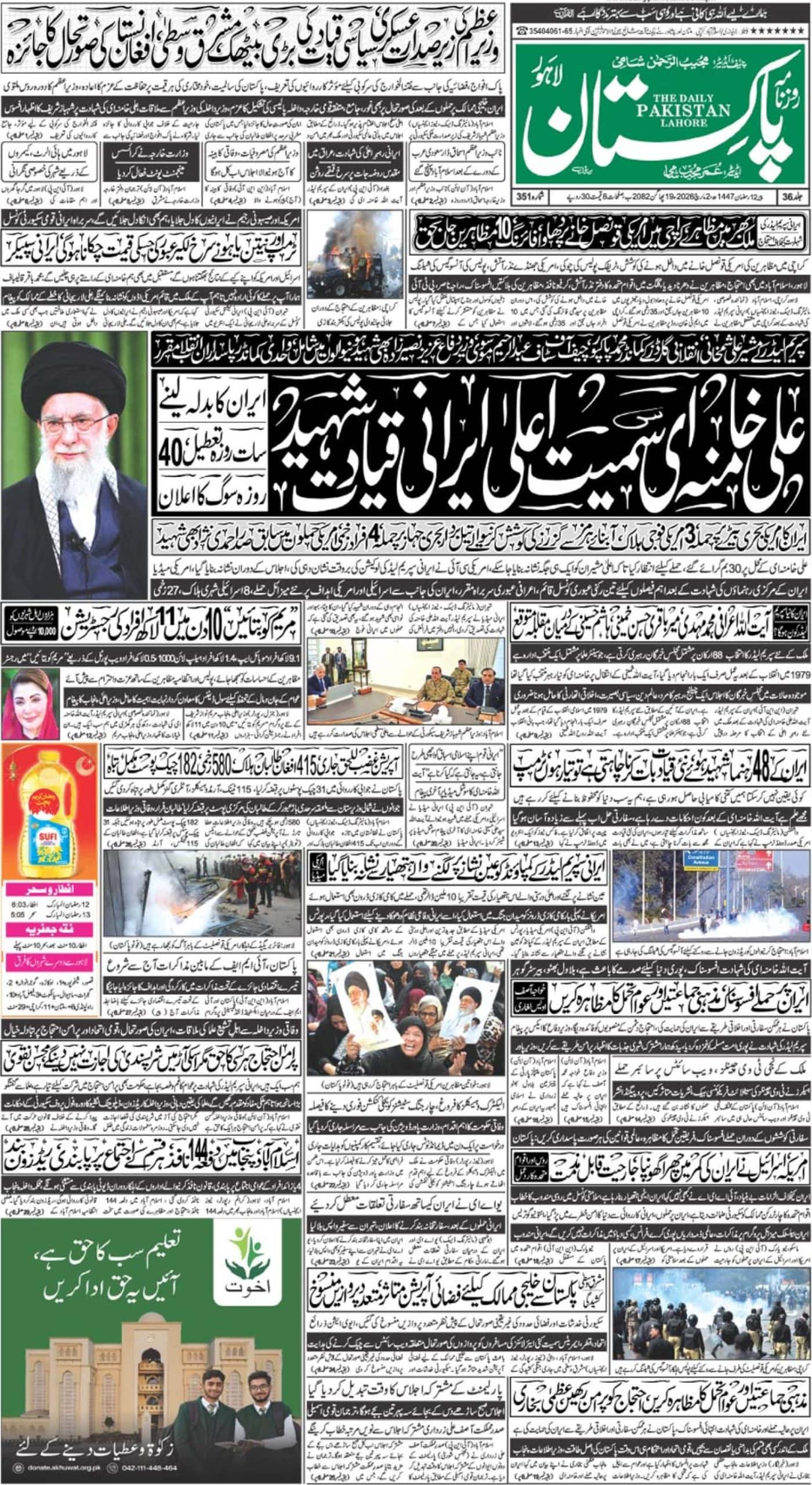The Sustainable Places Research Institute at Cardiff University, UK, organized a webinar to raise awareness of climate change in the Hindu Kush Himalaya (HKH) region of Pakistan. The webinar was organized to commemorate the International Mountain Day celebrated around the world on 11 December.
Leading environmental experts from academia, civil society, and media participated in the webinar as panellists. The panellists included Prof. Dr. Attaullah Shah, Vice Chancellor (VC), Karakoram International University (KIU), Gilgit; Rab Nawaz, Senior Director Programmes, World Wide Fund for Nature-Pakistan (WWF-Pakistan); Ali Tauqeer Sheikh, Member, Pakistan Climate Change Council; Mome Saleem, Executive Director, Institute of Urbanism; Shabbir Ahmed Mir, CEO, Ibex Media Network; and Syed Muhammad Abubakar, Knowledge Management Communication (KMC) Officer, International Centre for Integrated Mountain Development (ICIMOD).
The webinar began with introductory remarks by Dr. Abid Mehmood, Senior Research Fellow, Cardiff University. He referred to a recent climate change perceptions survey in Pakistan in which 63% respondents rated climate change as a major future threat. However, when prioritising among a range of societal challenges, the respondents generally rated climate change as less urgent when compared with education, unemployment and health. He argued that “This is a clear reflection of how environmental obligations such as climate action have to contend with more pressing socioeconomic problems such as poverty reduction, quality education, water supply/sanitation, food security, healthcare, and energy provision.”
This was followed by a presentation by Syed Muhammad Abubakar, KMC Officer, ICIMOD. Abubakar shared the key findings of his dissertation research conducted as part of MA International Journalism course at Cardiff University, which investigated the impacts of climate change on glaciers, food security, snow leopards, and the media coverage of climate change.
Prof. Dr. Attaullah Shah, VC, Karakoram International University (KIU), highlighted the role of KIU in climate change awareness, education, and research in Gilgit Baltistan. According to him, “KIU has been focusing on education and research about climate change, its adaptation, and sustainability. We are focusing on three major directions, firstly specific courses and degree programs in the areas of sustainability; focused research in these areas, and national and international collaboration with higher education and research institutes; and partnering with governments, community, and sponsors for furthering research and awareness.”
Mome Saleem, the founding Executive Director of Institute of Urbanism, Islamabad, said, “Pakistan has a sound climate change policy however its implementation is a problem. The government needs to strengthen partnerships with locals, civil society, and media, and invest in raising awareness and scaling-up successful models established by civil society.”
Mome Saleem praised the Billion Tree Tsunami Afforestation Project (BTTAP) in Khyber Pakhtunkhwa and underscored that locals owned the project because they understood the design and they were incentivized. However, she feared that the Plant for Pakistan project to plant ten billion trees across the country might not reap similar results, as the ownership at the local level is missing largely.
According to Ali Tauqeer Sheikh, Member, Pakistan Climate Change Council, “If Pakistan has any climate change issue, Gilgit Baltistan is the ground zero of Pakistan’s environmental challenge. Though there is a lot of contested science about the rate of glacier melting, still it is feared that in a few decades’ time, presumably in 2-4 decades, we will have a permanent deduction in our river systems. The freshwater flows may be reduced from 60-80% depending on what kind of projection models are available to us to rely upon.”
According to Rab Nawaz, Senior Director Programmes, WWF-Pakistan, “As we come up to a year living with COVID-19, there is a need to examine our relationship with nature. For decades, we have known that we have been hurtling towards an environmental and ecological disaster. WWF-Pakistan along with the support of partners such as local communities and academic institutes such as Karakorum International University and Sustainable Places Research Institute, Cardiff University are determined to bring science-based solutions to tackling the impacts of climate change through a participatory and inclusive approach.”
The last panellist of the webinar, Shabbir Ahmed Mir, CEO, Ibex Media Network, highlighted the challenges the local media of Gilgit Baltistan faces while reporting climate change. According to Shabbir, “Journalists in Gilgit Baltistan have the capacity issue to report on climate change, due to which they cannot comprehend the issue and therefore cannot write on it. The trend of investigative journalism is non-existent in the region, as the associated financial benefits do not exist. The staff is already underfunded and in such financial constraints, they are unable to provide proper coverage. The media houses and editors also need to be sensitized on climate change.”
Dr. Abid Mehmood summarized the key takeaways of the discussion and thanked the panellists for sharing their perspectives on raising climate change awareness for greater action in the HKH region of Pakistan.














